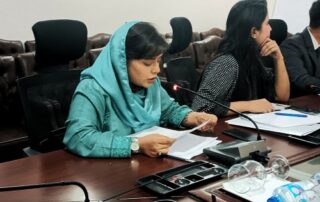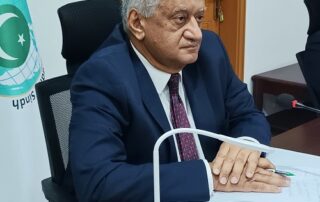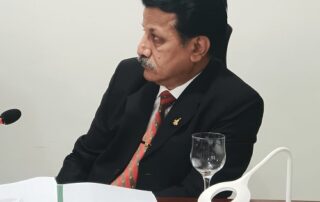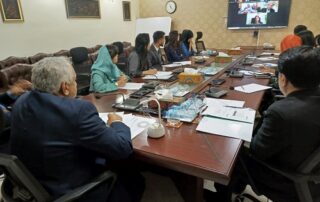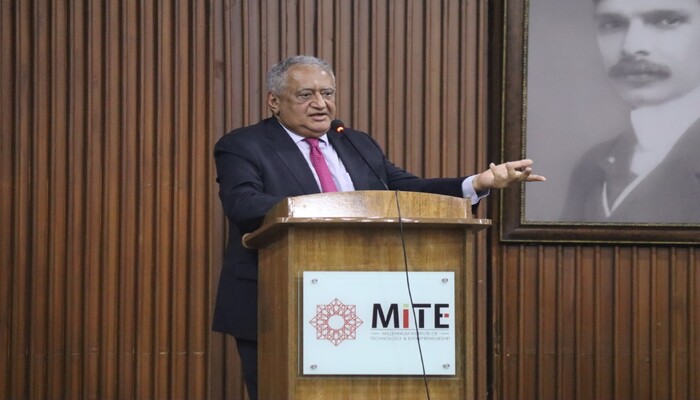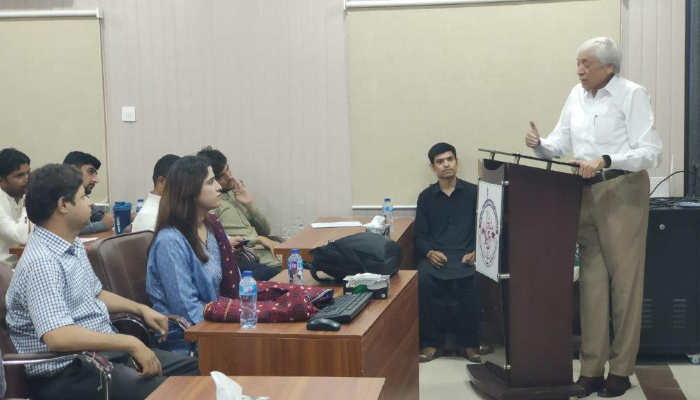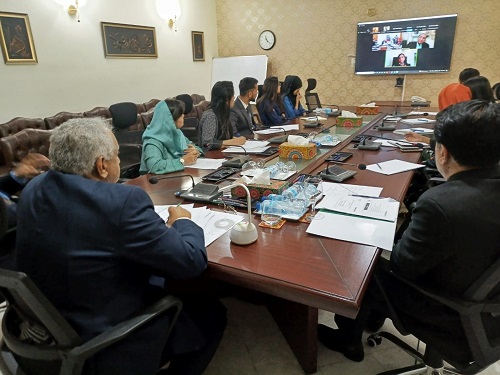
Concept Note
Using Pulwama false flag operation as the pretext, on 26 February 2019, shortly after midnight Indian Air Force (IAF) undertook a failed air strike inside Pakistan from across the Line of Control (LoC). Before even the dust could settle, Indian state media went berserk and hysterical to claim that IAF had carried out “surgical strike” inside Pakistan, targeting an alleged training camp and killed 300 inmates.
Balakot attack was the first ever direct attack by a nuclear weapon state against another nuclear weapon state. It was a case of Indian miscalculations about Pakistan’s capabilities and resolve to respond, wrongly conceived geopolitical realities and, in fact, an attempt to jeopardize strategic stability of the region. Nevertheless, Pakistan took the Indian act of aggression as a violation of the UN Charter with the right to respond at the time and place of her choosing. The events that unfolded the very next day were not only embarrassing for the Indian political and military leadership but also proved Indian inability to act as the regional policeman.
On 27th February 2019, during broad daylight, Pakistan responded with a “Quid-Pro-Quo Plus” strategy, re-established deterrence and restored strategic stability of the region. It proved to be a day of humiliation for the Indians as two of their fighter aircraft were shot down by PAF, Indian pilot Wing Cdr Abhinandan was captured and an Indian helicopter was shot down by its own forces. Subsequently, Indian leadership started contemplating unconventional measures against Pakistan. However, Pakistan’s resolve to once again respond with “Quid-Pro-Quo Plus” strategy and timely diplomatic intervention by global powers, as mentioned by the former US Secretary of State Mike Pompeo in his book “Never Give an Inch: Fighting for the America I Love “, prevented possible doomsday in South Asia.
The Balakot attack reflected mindset of India’s extremist leadership which was willing to go to any extent for electoral gains, in total disregard of Pakistan’s nuclear status. However, the outcome of Pakistan’s Operation Swift Retort on 27 February shook the world, in particular global powers.
Pakistan’s response to the crisis shattered misperceptions in New Delhi that it could get away unscathed with its so-called surgical strikes against Pakistan under the nuclear overhang.
Since nuclear tests by both India and Pakistan in May 1998, Pakistan has taken appropriate measures to restore strategic stability in South Asia every time India has sought to disturb it in its own favour. Pakistan’s Full Spectrum Deterrence (FSD) prevented Balakot crisis from escalating. As a matter of fact, FSD has closed the space for war between Pakistan and India that was created by Indian Cold Start Doctrine.
Acquisition of destabilizing weapon systems by India adversely affects strategic stability in the region. Pakistan therefore is compelled to take countermeasures without getting into an arms race with India. Pakistan’s nuclear capability has neutralized Indian conventional superiority and provides an umbrella for the country to pursue its national objectives fearlessly.
In view of the foregoing, distinguished Speakers invited to the Webinar shared their perspective on various aspects of the Balakot crisis, with focus on the following:
i. Indian Counterforce Temptations against Pakistan
ii. Role of Diplomacy in Conflict Management between Nuclear Weapon States
iii. Operation Swift Retort: Sifting Myths from Reality
iv. Balakot Crisis and Strategic Stability in South Asia









